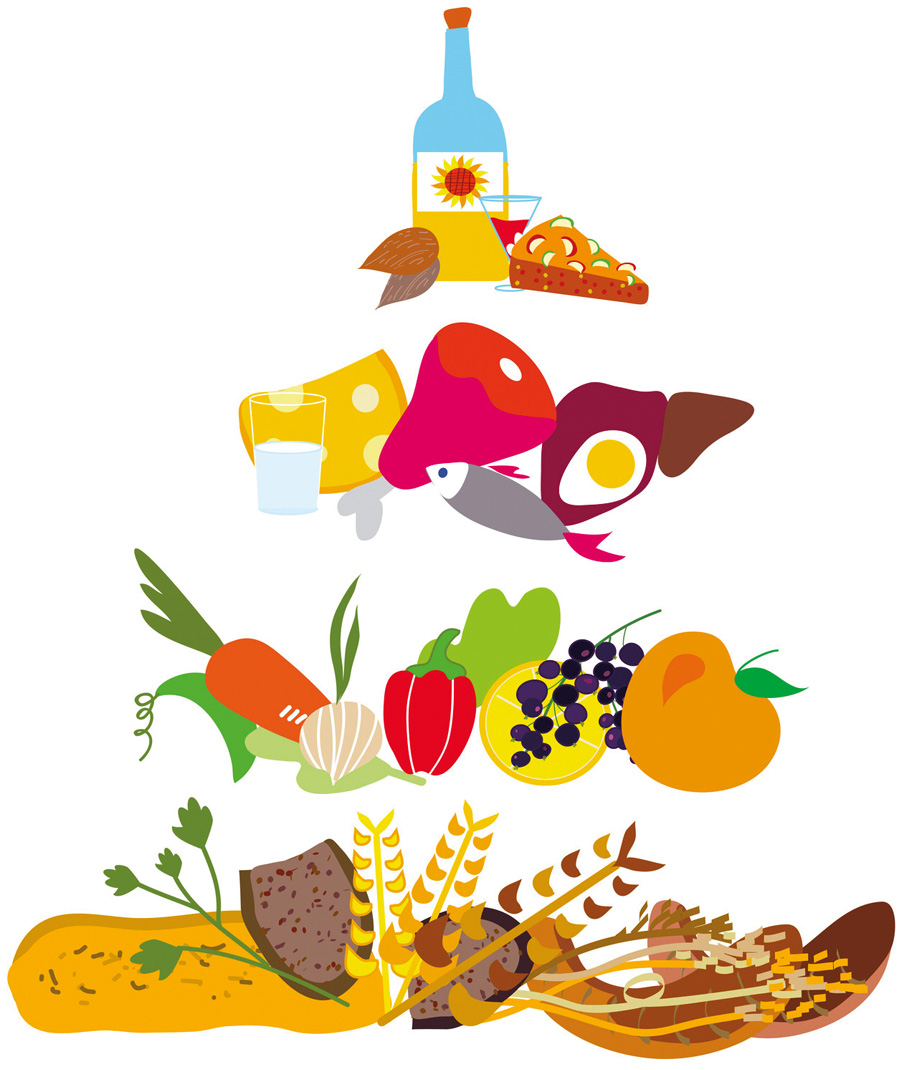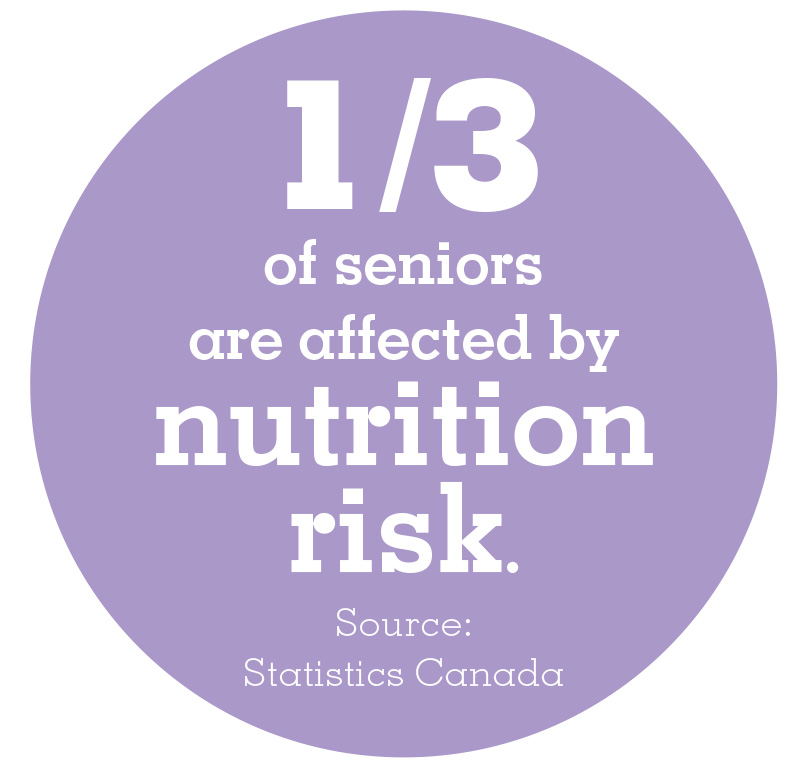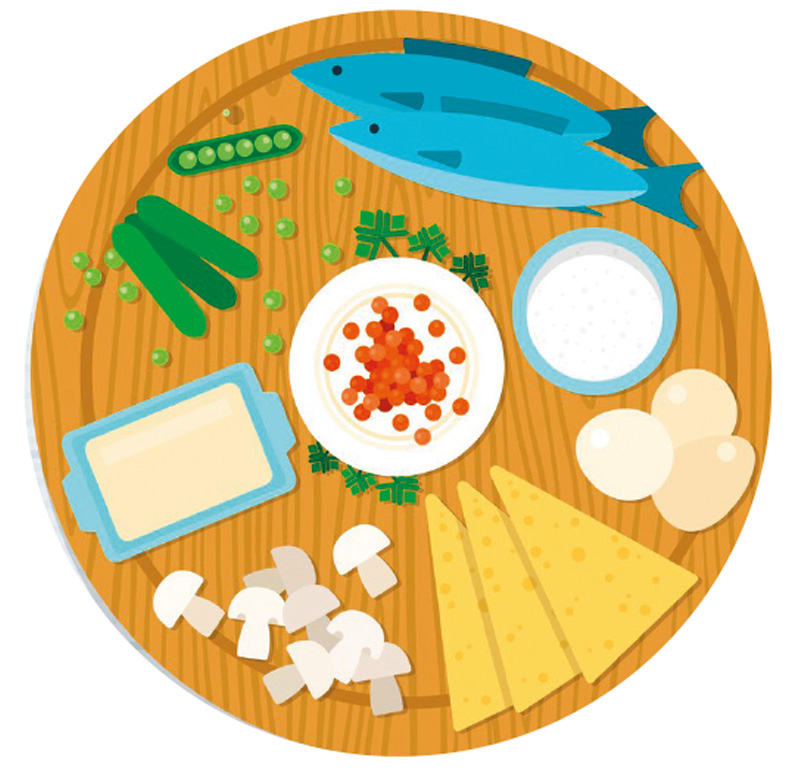 Eating well is vital, no matter what our age. For Canadian seniors eating well is becoming an ever-growing challenge, with one-third of seniors recently being classified as being “at nutrition risk.”
Eating well is vital, no matter what our age. For Canadian seniors eating well is becoming an ever-growing challenge, with one-third of seniors recently being classified as being “at nutrition risk.”
By Destyni Atchison, RD, BSc
Curious as it may seem in a country like ours, access to nutritious and personally acceptable foods can be diminished by decreased mobility, financial strains and changes in the living environment. For those who are indeed able to obtain adequate food, nutrition status can be further compromised by decreases in appetite, chronic health conditions and changes to social eating environments, such as the loss of a loved one. Thankfully, there are proven strategies and helpful services available and, for the most part, they’re yours for the taking.
Women and those living alone
According to the Statistics Canada 2013 “Canadian Community Health Survey” (CCHS), 34 per cent of seniors are at “nutrition risk.” The “Healthy Aging” portion of the survey asked 15,000 seniors over the age of 65 about their height, weight, cooking and eating habits. The survey results reflected that eating alone and consuming fewer than two servings of fruit and vegetables per day were contributors to poor nutrient intake. However, the two largest factors to being at nutrition risk were: • skipping meals almost every day • gaining or losing more than 10 lb (4.5 kg) over six months
In addition, those living alone were significantly more likely to be at
nutrition risk (49 per cent) than those living with others (28 per cent). Women (38 per cent) were also more likely than men (29 per cent) to be at nutrition risk.
Cooking for one
For seniors who live alone, it can be hard to stay motivated to prepare meals. Food may become unappealing and some seniors are not as comfortable with cooking as others. This can lead to skipped meals and poor nutrient intake.
For those preparing meals at home, efforts should be made to enjoy  the mealtime experience in order to ensure the best intake of food. Options to consider include setting a nice table, eating outside, and reading a book or watching a favourite television show during meals. Cooking a few larger meals to portion out throughout the week is a time- and cost-saving option for many and reduces the burden of meal preparation.
the mealtime experience in order to ensure the best intake of food. Options to consider include setting a nice table, eating outside, and reading a book or watching a favourite television show during meals. Cooking a few larger meals to portion out throughout the week is a time- and cost-saving option for many and reduces the burden of meal preparation.
Meals on Wheels programs are available in most communities and can be a good option for seniors who wish to have hot meals delivered to their door. For those looking to get out of the house, many community centres, seniors halls and religious organizations provide communal meals and a time to socialize with neighbours and friends.
Physical and mental health
Results from the CCHS also demonstrated that poor oral health, having a moderate to severe physical disability and taking five or more medications also significantly increased the chance of being at nutrition risk. Mental health was a further predictor of nutrition status, with 62 per cent of depressed seniors being at nutrition risk compared with only 33 per cent of seniors who were not depressed.
Mobility has a huge impact on how often seniors are able to grocery shop and obtain fresh, nutritious ingredients. Seniors are often reliant on friends and family to take them grocery shopping whenever they can. For those who are socially isolated, obtaining an adequate food supply can become an even greater burden and can easily lead to poor nutrient intake. The Better at Home Program (in BC) is a great option that is available specifically to seniors; it provides a range of non-medical home-support services, including grocery shopping, transport and volunteer visits (services vary by community).
Changing nutrient needs
Energy and calorie needs decrease as we age, but it is still important to get those calories from all four food groups. Following Eating Well with Canada’s Food Guide for healthy portion and meal-balance guidelines is recommended.
For seniors or their loved ones looking for more information on healthy eating, reliable and convenient advice is only a phone call away by reaching your provincial health information line (BC residents can call HealthLink BC at 8-1-1 to speak to a registered dietitian, free of charge, weekdays from nine in the morning to
five in the evening). In addition, copies of Healthy Eating for Seniors Handbook can be ordered or downloaded from Health Canada’s website.
Destyni Atchison is a registered dietitian and health coach specializing in senior care and community health, as well as in diabetes and weight management. Destyni runs her own nutrition consulting business in Fort St. John, BC. destyniatchisonrd.ca
 Older adults should pay special attention to the following vitamins and minerals.
Older adults should pay special attention to the following vitamins and minerals.
Vitamin D
Health Canada recommends that in addition to eating foods rich in vitamin D, such as milk and fish, everyone over the age of 50 should take a daily vitamin D supplement of 400 IU to maintain bone health. Vitamin D is often included in multivitamins, but can also be taken separately as drops or individual supplements.
Calcium
Consuming calcium-rich foods is also important in maintaining bone health and reducing the risk of falls. Those over the age of 50 who do not eat three servings of milk or alternatives each day should talk to their doctor about the need for a calcium supplement.
Vitamin B12
Seniors are at risk of vitamin B12 deficiency because absorption of this vitamin decreases with age. Maintaining an adequate vitamin B12 status is especially important for nerve-cell function. Since vitamin B12 is naturally found only in animal products such as meat, fish and eggs, vegetarians need to ensure they are taking supplementary vitamin B12. A doctor can perform a simple blood test to check for vitamin B12 status and recommend supplements as needed.













